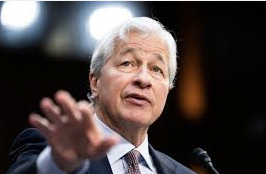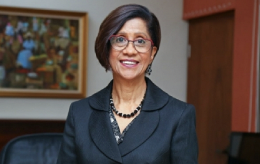KEY POINTS
- Demand for medicinal cannabis is booming seven years on from legalisation.
- Doctors say scientific evidence to support its use is still lacking.
- Surging prescription numbers have fuelled concerns about inappropriate prescribing.
It’s been seven years since medicinal cannabis was legalised in Australia, yet debate over its usage, efficacy, availability, and cost continues.
More than 300,000 prescriptions for medicinal cannabis have been approved for conditions ranging from chronic pain to anxiety and depression since federal legislation passed in February 2016.
Demand for medicinal cannabis surged during the pandemic, with 296,804 prescriptions approved under the Therapeutic Goods Administration’s (TGA) SAS B scheme from 2020-2022 compared to less than 27,946 in the three years prior from 2017-2019.
Yet doctors are still calling for more scientific evidence showing therapeutic benefits and harms, and questions over how medicinal cannabis should be regulated and prescribed remain. Advocates for medicinal cannabis also hold concerns, not only about ongoing stigma, high cost, and barriers to access, but about patients being inappropriately prescribed the drug.
Quality care or a ‘shopping experience’?
As the market for medicinal cannabis booms, doctors and advocates are united in concern over commercial interests compromising patient care.
While the TGA allows authorised health care professionals to access medicinal cannabis products for their patients “where clinically appropriate”, all but two treatments available in Australia are “considered to be unapproved medicines” and have therefore not been assessed by the TGA for safety, quality or effectiveness. These “unregistered” treatments are accessed through the TGA’s Special Access Scheme (SAS) and Authorised Prescriber (AP) scheme.
Ms Haslam was instrumental in the push for medicinal cannabis legalisation, and while she’s still fighting to remove stigma and barriers to access she’s also worried about commercial interests overriding what’s best for patients.
The rise of telehealth during the pandemic has allowed more patients to access medicinal cannabis through online clinics, and Ms Haslam is concerned about “some of the less ethical prescribing that’s going on”.


















